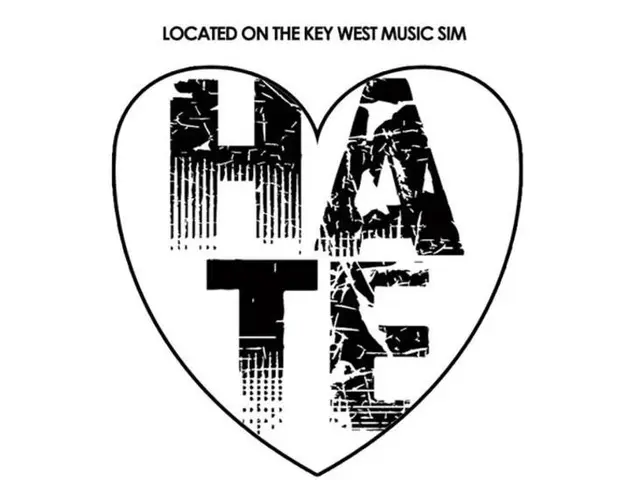Azerbaijan dissolves the Nagorno-Karabakh Republic and apprehends former officials.
Say goodbye to Artsakh, the self-proclaimed Nagorno-Karabakh Republic, as of January 1, 2024. This decision comes from the newly elected de facto president, Samvel Shahramanyan, who signed a decree on September 28 for the reasons of the complicated military-political situation and securing the physical safety and vital interests of the Artsakh's residents.
Armenian Prime Minister Nikol Pashinyan describes the mass fleeing of ethnic Armenian civilians as an episode of ethnic cleansing. This decision was made after an Azerbaijani offensive on September 19, where Karabakh Armenian forces surrendered in a day, and talks on reintegration with Azerbaijan began.
Shahramanyan's decree states that, following the gradual dissolution of all state institutions and their subordinate agencies, the Karabakh Armenian population should be familiarized with the reintegration conditions presented by the Republic of Azerbaijan. This allows them to make decisions independently and individually about whether they wish to stay in Artsakh.
Originating from a civic movement in 1988, Artsakh aimed to establish Armenian control over the Nagorno-Karabakh Autonomous Oblast, part of Soviet Azerbaijan with an approximately 77 percent Armenian population. The twilight years of the Soviet Union led to episodes of communal violence and displacements of hundreds of thousands of ethnic Armenians from Azerbaijan and vice versa. After the Soviet Union's collapse, the conflict escalated into an interstate war pitting Azerbaijan against the Republic of Armenia and the Armenians of the former NKAO. Artsakh was declared during the war following a referendum held in 1991.
In 2020, Azerbaijan launched an offensive to retake the territory with substantial support from Turkey and weapons from Israel. After 44 days of intense fighting, Azerbaijan regained much of the land it had lost in the first war, reducing Artsakh to a small, peacekeeper-patrolled territory brokered by Russia. Peace talks between Armenia and Azerbaijan aimed at a comprehensive peace deal, but differences over the Karabakh Armenian population's fate hindered any progress.
Recent conflict has led to a mass exodus of Armenians suspicious of Azerbaijani assurances that their rights will be protected under Azerbaijani rule, with an estimated 70,500 people having fled to Armenia as of 2:00 p.m. local time on September 28. This represents well over half of the approximately 120,000 people said by Armenian sources to have lived in Artsakh.
Azerbaijan's Foreign Ministry has dismissed the allegations of ethnic cleansing and insists that Karabakh Armenians are welcome to stay and have left of their own free will. They have created a web portal, Reintegration.gov.az, for Armenians interested in taking up Azerbaijani citizenship.
AnotHER unfortunate event occurred as Armenia's ex-state minister, Ruben Vardanyan, was arrested by Azerbaijan's Border Service while trying to leave through the Lachin border checkpoint in September 2023. Vardanyan, a Russian-Armenian businessman and philanthropist, has been charged with financing terrorism, creating and participating in illegal armed groups, and illegally crossing Azerbaijan's border. Former foreign minister David Babayan also announced his intention to hand himself over to Azerbaijani law enforcement due to being included in Azerbaijan's blacklist and facing an investigation demanded by the Azerbaijani side.
- The complex military-political situation in Artsakh has led to a shift in business and general news, as the newly elected de facto president, Samvel Shahramanyan, has announced plans for the gradual dissolution of state institutions, paving the way for reintegration with Azerbaijan.
- Crime and justice have also become a significant focus in the news, following allegations of ethnic cleansing made by Armenian Prime Minister Nikol Pashinyan, amidst a mass exodus of ethnic Armenian civilians from Artsakh fleeing to Armenia.
- The political landscape has been further complicated by recent arrests and investigations, such as the detention of Armenian ex-state minister, Ruben Vardanyan, by Azerbaijan's Border Service, on charges of financing terrorism and illegally crossing Azerbaijan's border.







